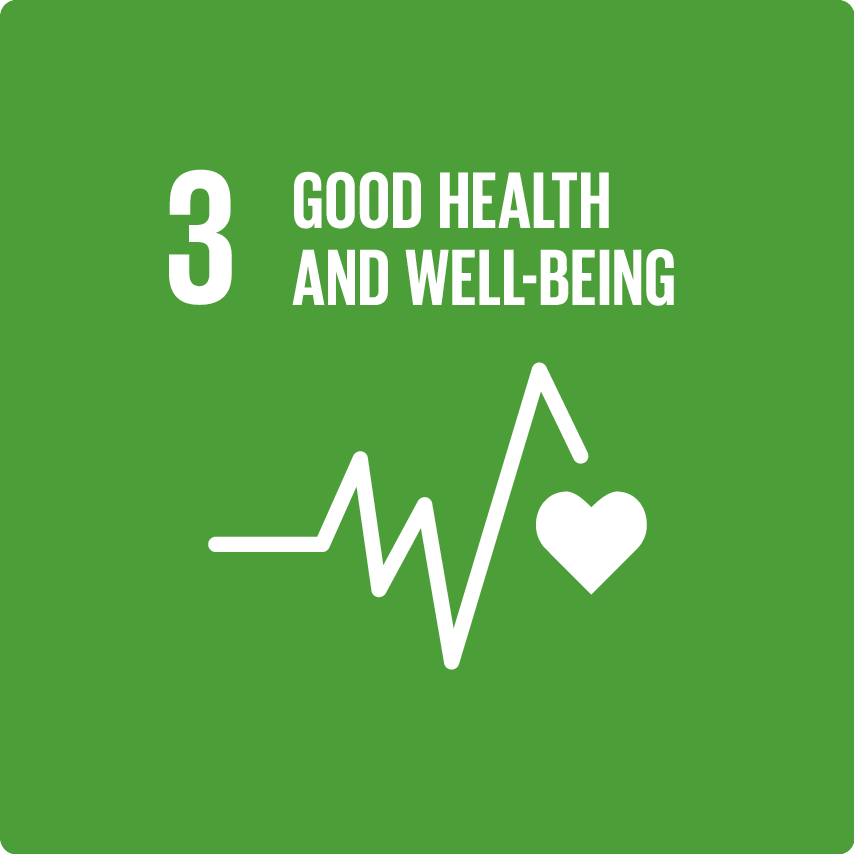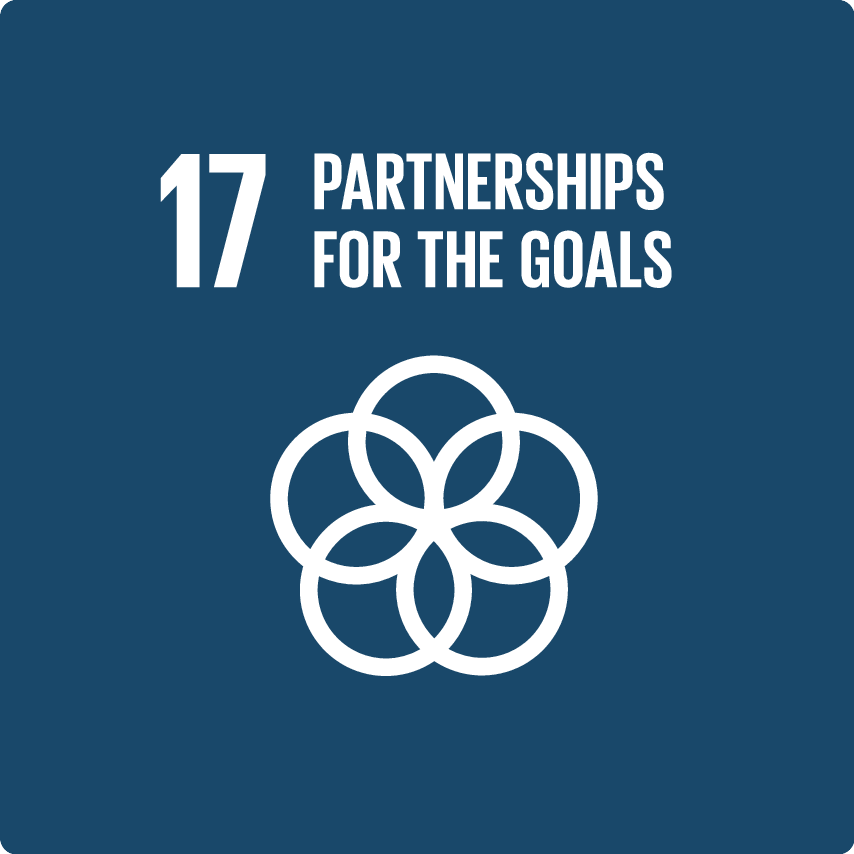AI4HealthyCities
Leverage data and AI to decipher the true drivers of cardiovascular disease and outcomes at population level in order to help city authorities make evidence-based decisions toward the most impactful interventions and health resource allocation.
SEE ALL PARTNER ORGANIZATIONS
Objectives
- Apply advanced analytics and AI to data from health and health-influencing sectors to deliver new insights that progress the understanding of the underlying social, economic, or environmental determinants that truly drive health.
- Support city authorities with translating data insights into action and target resources toward interventions that improve cardiovascular population health and narrow health inequities.
What are the health needs and challenges?
Cities are facing unprecedented health challenges, from the growing burden of cardiovascular disease, to increased demands on health systems due to rapid urbanization, the constant threat of emerging diseases often hitting urban populations hardest as seen during the COVID-19 pandemic, the impact of climate change, and the global shortage of skilled health workers.
Only 10-20% of our health is determined by the healthcare we access. 80-90% is determined by the conditions in which we are born, grow, live, work and age – factors known as social, environmental, and economic determinants of health. At the same time, data and AI are transforming the urban health landscape and providing new opportunities for driving population health and transforming health systems from reactive care systems, to proactive, predictive and even preventive health systems.
How partnership activities address these needs and challenges
Under the umbrella of AI4HealthyCities, a network of cities was created by the Novartis Foundation and developed in collaboration with Microsoft AI for Health. AI4HealthyCities aims to challenge the current reality where people living in neighboring zip codes experience drastic differences in heart health and life expectancy.
Partner organizations work in cities to bring together data from health and health-influencing sectors and apply advanced analytics and AI to provide decision makers with insights about the true drivers of cardiovascular health and equity. Data from health-influencing sectors is included because health is influenced more by the conditions in which people are born, grow, work, and age, than by the quality of healthcare they access. This includes factors as diverse as housing, access to healthy food, income, physical exercise or green space, education, professional occupation, pollution, migration, and the influence of structural racism and agism.
These insights will ultimately help city authorities make more informed decisions about how to target health resources toward the interventions that positively impact the health of the greatest number of people. Only by understanding what truly drives health outcomes in different populations can health inequities be narrowed.
Results and milestones
In 2022, New York became the first city announced for the implementation of AI4HealthyCities. The initiative is run in partnership with the New York University School of Global Public Health and the public hospital system NYC Health + Hospitals. Lisbon (Portugal) was the second city to join the AI4HealthyCities Network with a partnership between the School of Public Health, NOVA University and the Institute of Geography of the University of Lisbon. Lausanne (Switzerland) was the third city to join with a collaboration between the École polytechnique fédérale de Lausanne (EPFL) and the Centre universitaire de médecine générale et santé publique (UniSanté). The Cardiovascular Disease National Collaborative Enterprise in Singapore started the most recent collaboration with the Novartis Foundation, adding also Singapore to the AI4HealthyCities Network.
Additional cities will be announced, with each city initiative examining the influence of different factors impacting heart health, such as structural racism, housing, extreme weather, mobility, or education.
Further, in 2022, the Novartis Foundation and Microsoft AI for Health hosted their first AI4HealthyCities Summit in Basel, Switzerland. Topics covered narrowing health inequities in cities; improving urban cardiovascular population health with data and digital; using data to improve decision making in population health; and virtual health and care. In January 2023, the Novartis Foundation moderated a panel discussion at the World Economic Forum 2023 in Davos on “The future of health: Unlocking the power of data to improve urban population health.” The live panel discussion gathered global leaders from government, academia, healthcare and tech.
Geographic Reach
- Americas
- Europe
- Western Pacific
Disease Area
- Non-communicable diseases
Target Population
- Other
Partner organizations
New York University
Weill Medical College, Cornell University
Escola Superior de Tecnologia da Saúde de Lisboa Portugal
Centre universitaire de médecine générale et santé publique (UniSanté), Switzerland
Institute of Geography – University of Lisbon, Portugal
School of Public Health – NOVA University, Lisbon, Portugal
Cardiovascular Disease National Collaborative Enterprise, Singapore
École Polytechnique Fédérale de Lausanne (EPFL)
Direction générale de la santé (DGS), État de Vaud, Switzerland
Health Commissioner, New York, US
Ministry of Health, Singapore
Novartis Foundation
Microsoft AI for Health
Additional resources
Geographic Reach
Americas
- United States of America
Europe
- Portugal
- Switzerland
Western Pacific
- Singapore
Disease Area
Non-communicable diseases
- Cardiovascular diseases

